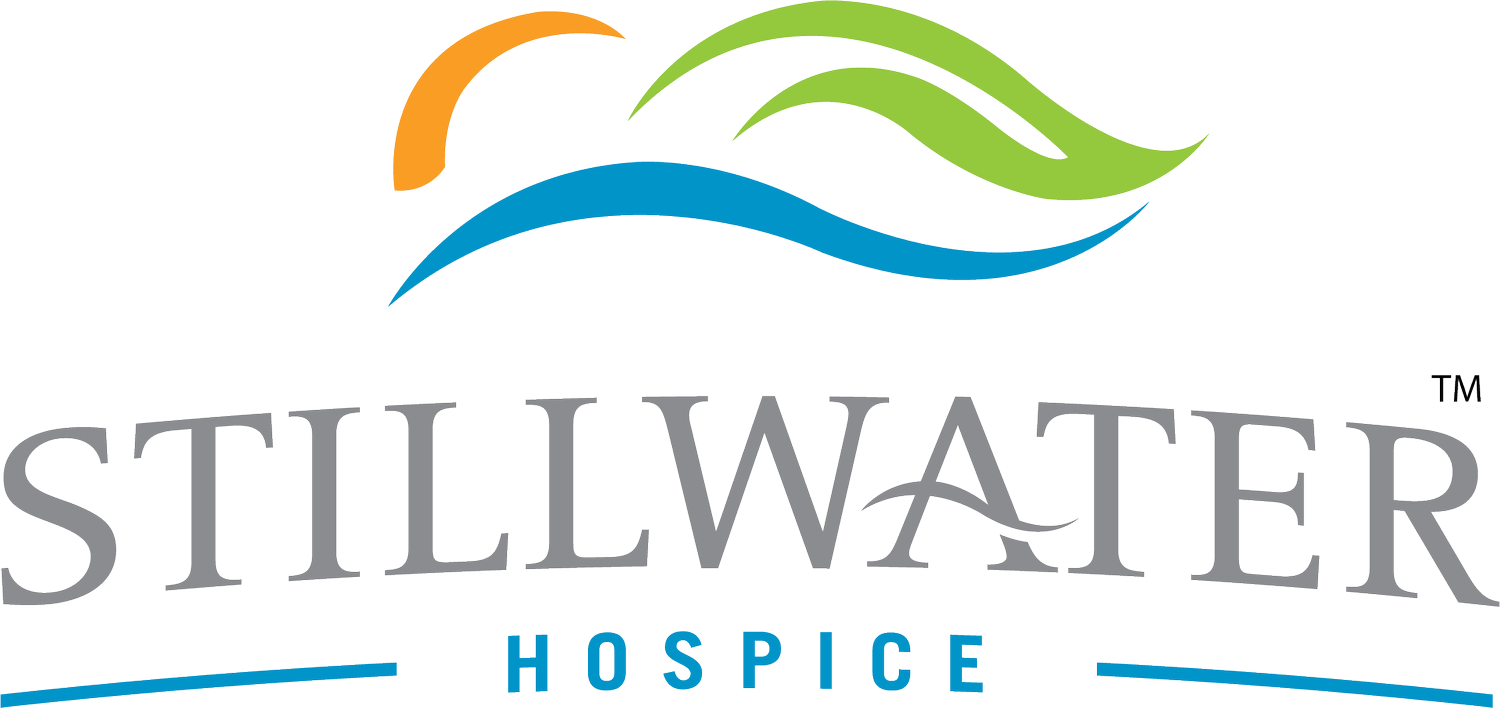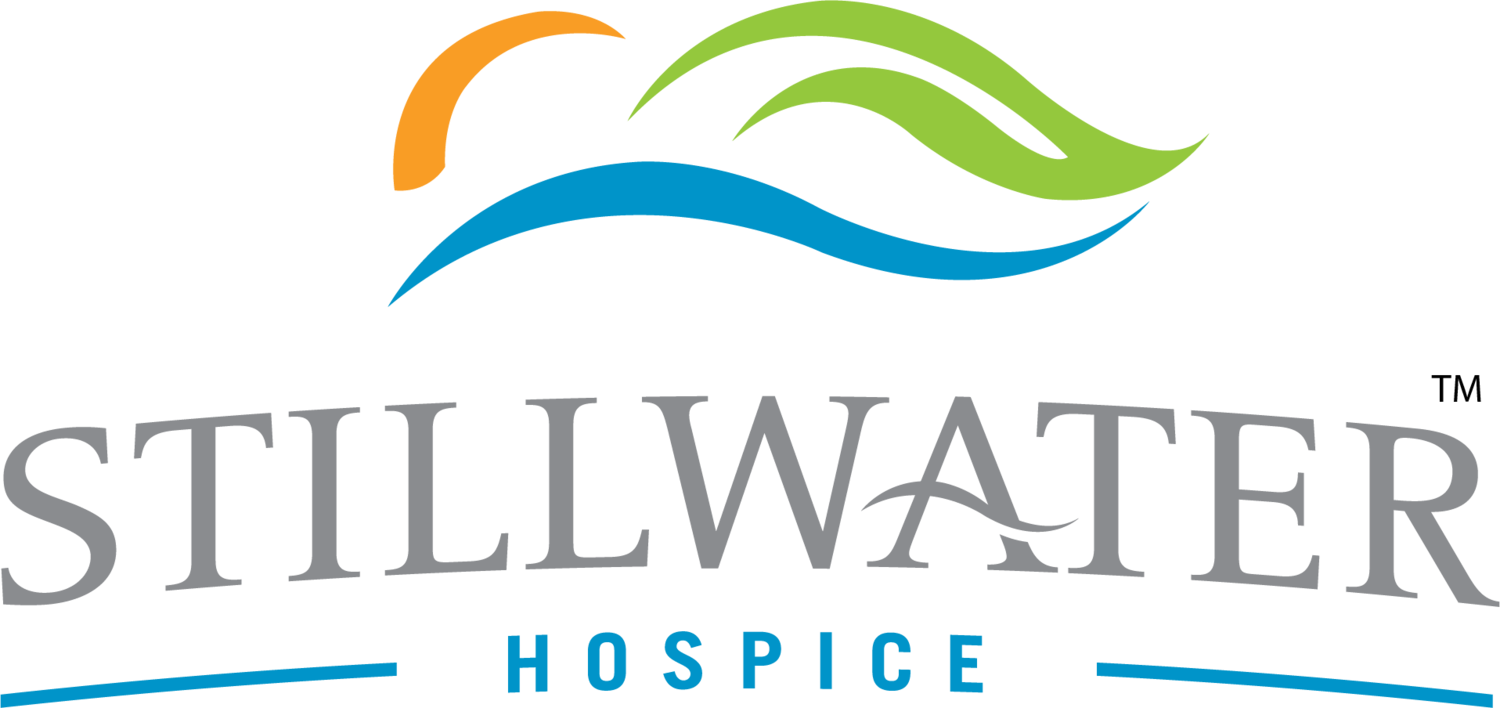Hospice Care and Integrated Solutions
At its most basic, hospice care encompasses the services needed to maintain the comfort and dignity of a person whose life is limited. At Stillwater Hospice, however, we believe hospice care is far more than that. It is the opportunity to honor life compassionately, instill hope and allow our patients to make the most of the days, weeks, and months they may have left to live.
Hospice care serves those who have any terminal, or life-ending, condition. Therefore, it is appropriate to consider hospice once “curative” treatments—those designed to restore good health—will no longer be used. Once entering hospice, each patient receives an individualized treatment plan reflecting their personal goals, medical needs, and the level of support required.
In our experience, hospice care can positively impact a patient’s spouse, partner, and family as much as it does the patient. We can help reduce stress and worry by providing knowledge, structure, and support.
An Integrated Approach
Stillwater Hospice takes an integrated approach to hospice care; as such, you are likely to meet a number of our team members throughout your hospice experience. They may include:
Healthcare Providers: Physicians, nurse practitioners, registered nurses, and other healthcare providers coordinate and monitor all patient care. They also partner with the patient’s primary or specialty care providers to ensure the delivery of excellent medical care.
Hospice Medical Director: Our Medical Director, a local physician who has served in this community, serves as a resource and a consultant to healthcare providers, the hospice team, and patients.
Nurses: The Stillwater Hospice nursing team provides a variety of services, including direct patient care. They also play an essential role in educating patients and families about end-of-life care and the dying process itself.
Social Workers: Social workers are vital in connecting patients to needed resources within the communities. They also provide counseling services designed to comfort and support our patients, their primary caregivers, and family, helping them better understand and address the impacts of a terminal illness.
Spiritual Care: Spiritual care can take many forms based on the needs and beliefs of patients and families. Visiting with one of our pastoral care providers can often provide emotional comfort for all involved. In addition, these providers can work with local clergy to administer rites, rituals, or religious ceremonies at the time of death should the patient request them.
Other individuals who may work with hospice patients and caregivers include dietary consultants, hospice aides, light housekeepers, and volunteers.
Levels of Hospice Care Services
There are four levels of hospice care available to the patients we serve. They include:
Routine home care, delivered in a private home or a residential facility, such as a nursing home or assisted living facility
General inpatient care, which includes a change of setting when a patient requires a higher level of care
Continuous home care provides support for 8 to 24 hours as necessary during crisis periods to enable a patient to remain at home. A crisis is characterized by conditions such as unmanageable pain, severe nausea, persistent vomiting, diarrhea, or gastrointestinal bleeding.
Respite care, provided to give temporary (5 days or less) relief to the patient's primary caregiver
Don't hesitate to contact us if you have questions about hospice care, the types of professionals participating in the hospice process, or what type of care may be right for you or a loved one.
Specializing in Around-the-Clock Care
Stillwater Hospice values the relationships we have built with healthcare providers and professionals. We likewise appreciate the trust you place in us when you refer one of your patients to us for hospice care.
Most physicians and healthcare providers specialize in healing their patients and helping them overcome medical challenges. As a result, some can find it difficult to discuss end-of-life care with patients and families, mainly as it concerns some of the finer points of hospice services. Therefore, we invite you to contact us if we may assist with:
Determining whether a patient qualifies for hospice care
Ascertaining the appropriate level of hospice care
Evaluating hospice care for a patient with special or unique needs
Identifying the expenses, such as medication, medical supplies, and durable medical equipment included as part of hospice
Learning more about the diverse benefits hospice provides patients, caregivers, and families
We are also available for healthcare provider referrals around the clock. In addition, one of our professional team members will communicate with you about any clinical needs and arrange to meet with the patient and their family members.
What Hospice Can Provide Your Patients
In a 2016 article from the American Journal of Geriatric Psychiatry, the researchers noted that those surveyed wanted more control over their dying process. These end-of-life considerations included experiencing emotional wellbeing, having a good quality of life during the dying process, maintaining their dignity, and having family present with them. Other studies have demonstrated that up to 80% of Americans have expressed their desire to die at home.
Unfortunately, most adults, including those who received a terminal diagnosis months before, die in a hospital or only receive a hospice referral within a few days or a matter of hours before death.
Referring a patient for hospice care earlier helps alleviate patient concerns about themselves and their family members. Whether they live in a private residence or a nursing home, it also gives them confidence knowing they will be cared for in a familiar place and make the most of the time they have remaining.


